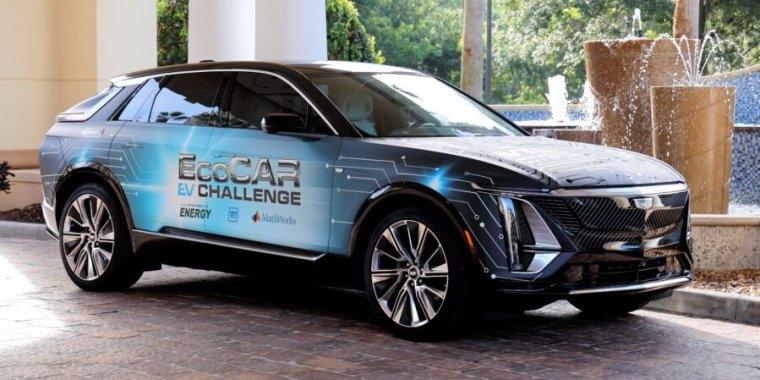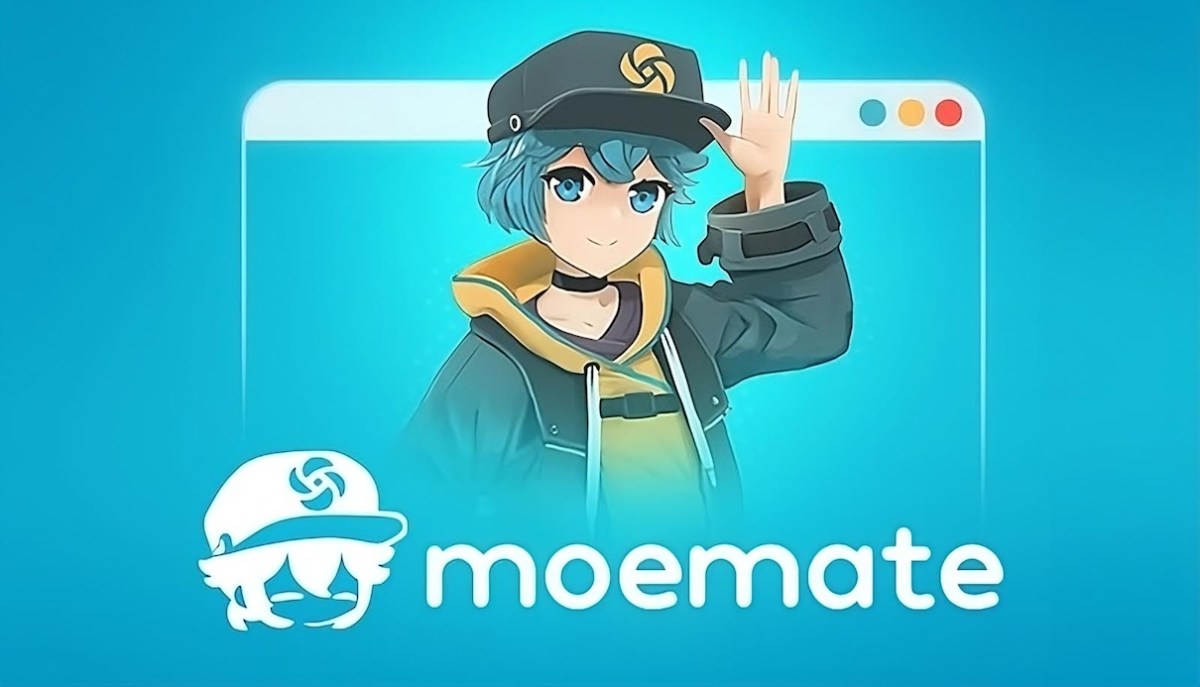The EcoCar EV Challenge: A Comprehensive Review
Year after year, across the nation, teams of dedicated students from 15 prestigious universities are taking part in an ambitious four-year program known as the EcoCar EV Challenge. This renowned initiative, which has a rich history spanning over three decades, was established by the US Department of Energy and is now expertly managed by the DOE’s esteemed Argonne National Laboratory.
Remarkably, more than 30,000 students hailing from 95 universities have actively participated in the EcoCar Challenge, a pivotal aspect of the DOE’s Advanced Vehicle Technology Competition. Each cycle comprises a rigorous four-year timeframe, with the most recent iteration kickstarting in 2023 and featuring a generous donation of a Cadillac Lyriq by the reputable General Motors automaker.
The significance of this challenge is not lost on the enthusiastic students engaged in the program, as the immense potential for a fulfilling lifelong career trajectory looms tantalizingly within reach.
Driving Innovation in Mobility
At the core of this ambitious endeavor is the task of urging these dedicated teams to “identify and tackle specific challenges concerning equity in the future of mobility by leveraging innovative hardware and software solutions,” all while prioritizing engagement with underserved communities. Throughout this journey, driven by these skillful student teams, lies an untapped reservoir of possibilities for the future development of electric vehicles, accompanied by viable solutions that could potentially benefit local and national populations.
The initial year of this comprehensive initiative is marked by extensive research and strategic planning. Notably, students are not permitted to interact with the vehicle until the commencement of the second year, a timeframe designed to hone their collaborative skills and enhance team communication.
Simulations pertaining to propulsion controls and modeling constitute a key aspect of the preparatory phase. When the students finally gain hands-on access to the vehicle, they are imminently ready to immerse themselves in the multifaceted challenges that lie ahead.
Corban Walsh, a student from the esteemed University of Alabama, succinctly articulates the significance of the prototyping phase. Walsh illuminates that renowned automakers like Cadillac often find themselves with a surplus of pre-production vehicles that cannot be resold. As a fortunate recipient of a nearly new all-electric Lyriq with a mere 17,000 miles on the odometer, Walsh and his proficient team set out with an ambitious goal – to reconfigure the vehicle from a rear-wheel-drive to an all-wheel-drive setup and substantially enhance the horsepower from 300 to a staggering 550.
The monumental tasks undertaken by these aspiring students underscore the profound depth of dedication and expertise prevalent within this realm. While it may seem that this program predominantly caters to car enthusiasts, Walsh eloquently refutes this notion, emphasizing that the diverse interests within the team transcend mere automotive enthusiasm.
The EcoCar EV Challenge extends an inclusive invitation to all students, providing comprehensive onboarding that meticulously acquaints them with the various facets of the competition. Following an informative lab tour and safety briefings, students are afforded the opportunity to select a subteam encompassing hardware, integration, and software development.
For instance, the Connected and Automated Vehicle Features subteam specializes in seamlessly integrating hardware and software, effectively harnessing the power of data amalgamation.
As the journey progresses, minor tasks gradually culminate in significant advancements. A crucial initial step entailed the acquisition of a clean title and registration for the Lyriq, transforming it into a road-legal vehicle recognized as a salvage car.
Team members meticulously dismantle the vehicles, navigating a meticulous series of trials and errors along the way. Consulting manuals and leveraging the guidance of their GM mentor unravels complex puzzles, propelling them closer to their ultimate goal.
Essential parts are generously supplied by GM, while pivotal components are donated by prominent entities like American Axle. Furthermore, the indispensable simulation software essential for strategic planning is provided by MathWorks, based in Natick, Massachusetts.
Ingrained within the program is a concerted effort towards optimal resource utilization, which includes leveraging campus resources effectively. Walsh vividly recounts a challenging but rewarding experience that involved meticulously planning mountings for new motors, culminating in a collaborative effort with the on-campus foundry.
The invaluable guidance from the foundry staff enabled the team to craft robust mountings capable of withstanding motor weight while circumventing corrosion. Employing 3D-printed parts and employing ceramic molds underscore the innovative approach championed by these aspiring students.
Image/Photo credit: source url





